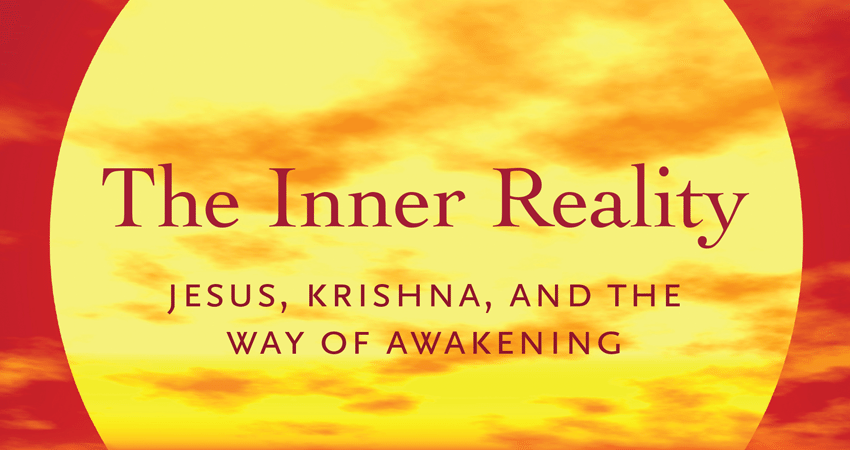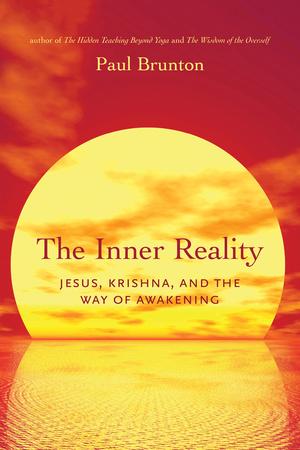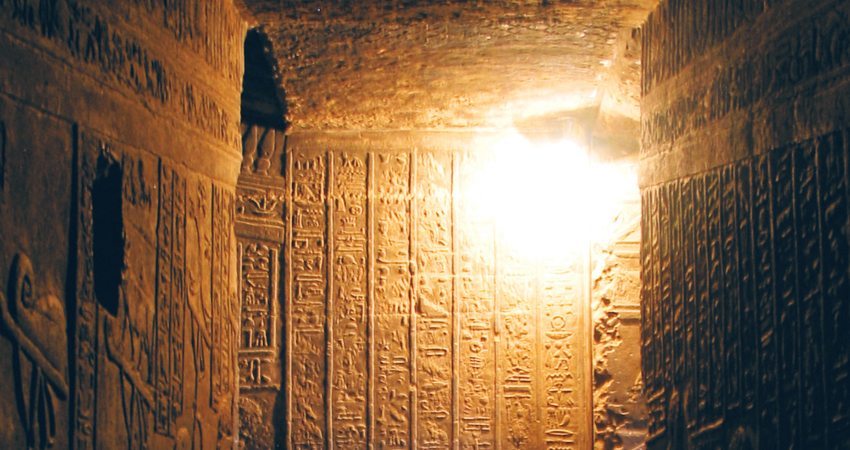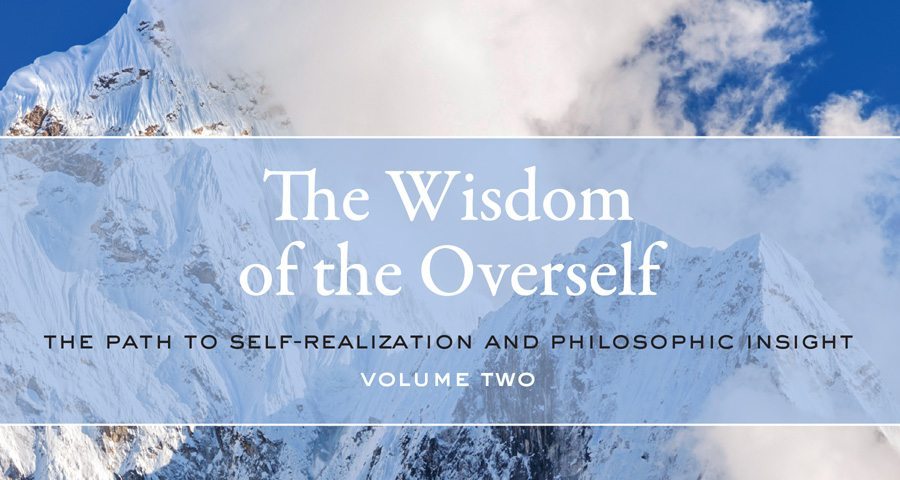
“What is God?” from Paul Brunton’s The Inner Reality
Categories: Excerpt Spirituality & Religion
Generally recognized as having introduced yoga and meditation to the West, Paul Brunton was the most popular and authoritative source of information on Eastern philosophies, gurus, and meditation systems from the mid-’30s to the ’60s. His books have sold over two million copies in seventeen languages. In 1954, he withdrew from public life and continued writing the material that was posthumously published as The Notebooks of Paul Brunton—a truly East-West spiritual philosophy. Written with the passion of an authentic pioneer and the thoughtfulness of a seasoned practitioner, his work is re-emerging as a beacon for all contemporary seekers. In this excerpt, adapted from his recently re-released book The Inner Reality: Jesus, Krishna, and the Way of Awakening, Brunton explores who, or what, God is. 
Tags: Paul Brunton Christianity HinduismThrough the centuries millions of words have been uttered and written on the subject of God. But we do not seem to come any nearer to an understanding of this problem. Almost every people and race have had their own God, which means their own idea of God. These many varieties of deity are so surprising in their differences that a skeptic might well say, “All your gods are hallucinations, figures of your imagination.” In fact, during the nineteenth century, when scientific minds made a study of comparative religions, they discovered hundreds of gods which have been worshipped by both primitive and civilized peoples. Therefore they came to the ironic conclusion that man creates God in his own image.
God means many things even to the same person at different stages of his evolution. To the child, He is almost invariably a personal deity, some individualized Being Who is usually pictured with a human or angelic figure, someone to whom he can pray and of whom he can make requests. But if the child grows up and develops intellectually and spiritually, the old concept fades away, and a new one replaces it. God is then seen as a Power, not as a human image, but rather a Power which permeates the universe.
The picture which the pious worship must be succeeded by the Presence which they feel. God must be discovered within; it is not enough to know Him without. When seeker and the sought blend in eternal unity, then knowledge becomes perfected and aspiration fulfilled. For the doom of spiritual ignorance is not to be written forever on the brow of man.
The most advanced scientists, representing man in his higher development, are beginning to find that life exists everywhere and is present in every atom of matter throughout the universe. They picture God as this infinite power and life current.
If you look at orthodox religion, no matter in what country or what faith, you will find that the God there worshipped is usually pictured as a personal God, an individualized Being Who, they believe, rewards the adherents of that particular faith because they worship Him and praise Him. If, however, they begin to believe in the new concept of God as Power which science is bringing to the world through higher education, then faith in their original idea of a personal God tends to disappear. The two do not meet and mingle very well.
Much of the confusion in the religious world arises out of its dependence on feelings alone, unchecked by reason. There is no proper test for Truth in such dependence. We need not be naively uncritical of religion even when we accept its fourth-dimensional perspective of life’s meaning. The doors are shut, the bolts have been pushed in, and our pious friends are no longer free to entertain a true thought. Every mystic can get up and say, “I have seen God,” but how does he know that he has seen God? There is no label, and if there were, that would not necessarily prove its wearer to be God. It is a subject which has unquestionably been more misunderstood than perhaps any other. No, we must find a universal test for Truth which will always be applicable, and about which there could never be any difference of opinion.
The whole concept of God depends entirely upon where you stand, and the idea that suits you is the one which helps you most. And because people change their concepts, whether as child or adult, savage or scientist—for they will change their ideas at different times and under different circumstances— we are compelled to come to the conclusion that the concept of God is a relative one. In other words, there does not seem to be any absolute, ultimate, unchanging idea.
Man does not know God as He really is, but only as he imagines Him to be. “Not with this or that attribute,” says the divine sage Krishna in the scripture of the yogis, “but in Essence.” If, however, we admit that the concept of God is purely relative and not eternal, then we must also admit that we have not found reality in such a God. We have found what we think is real, but not Reality itself.




